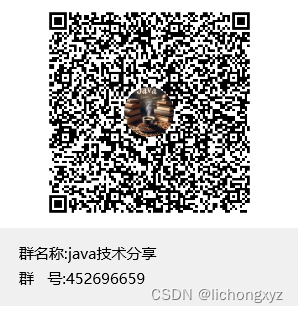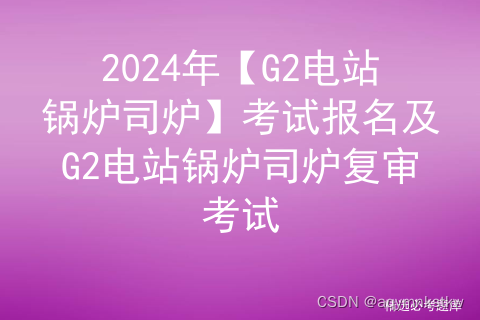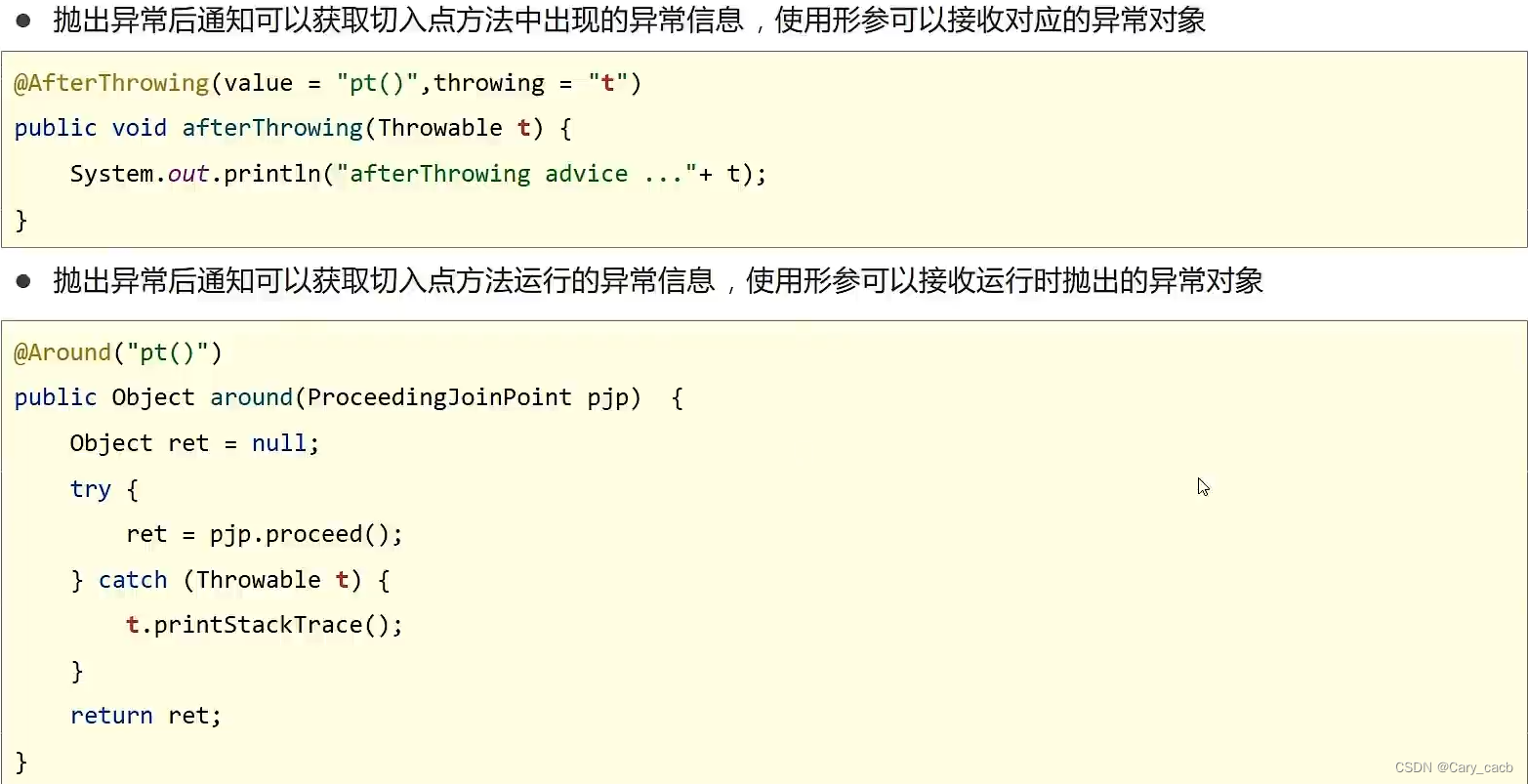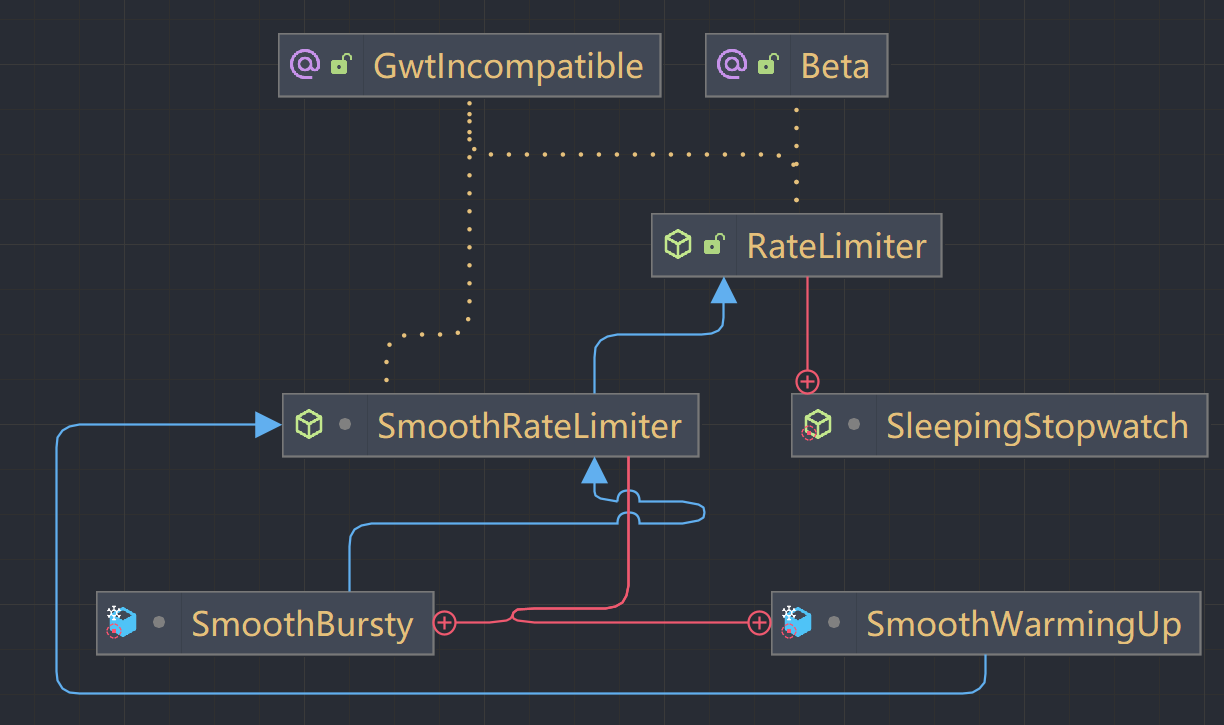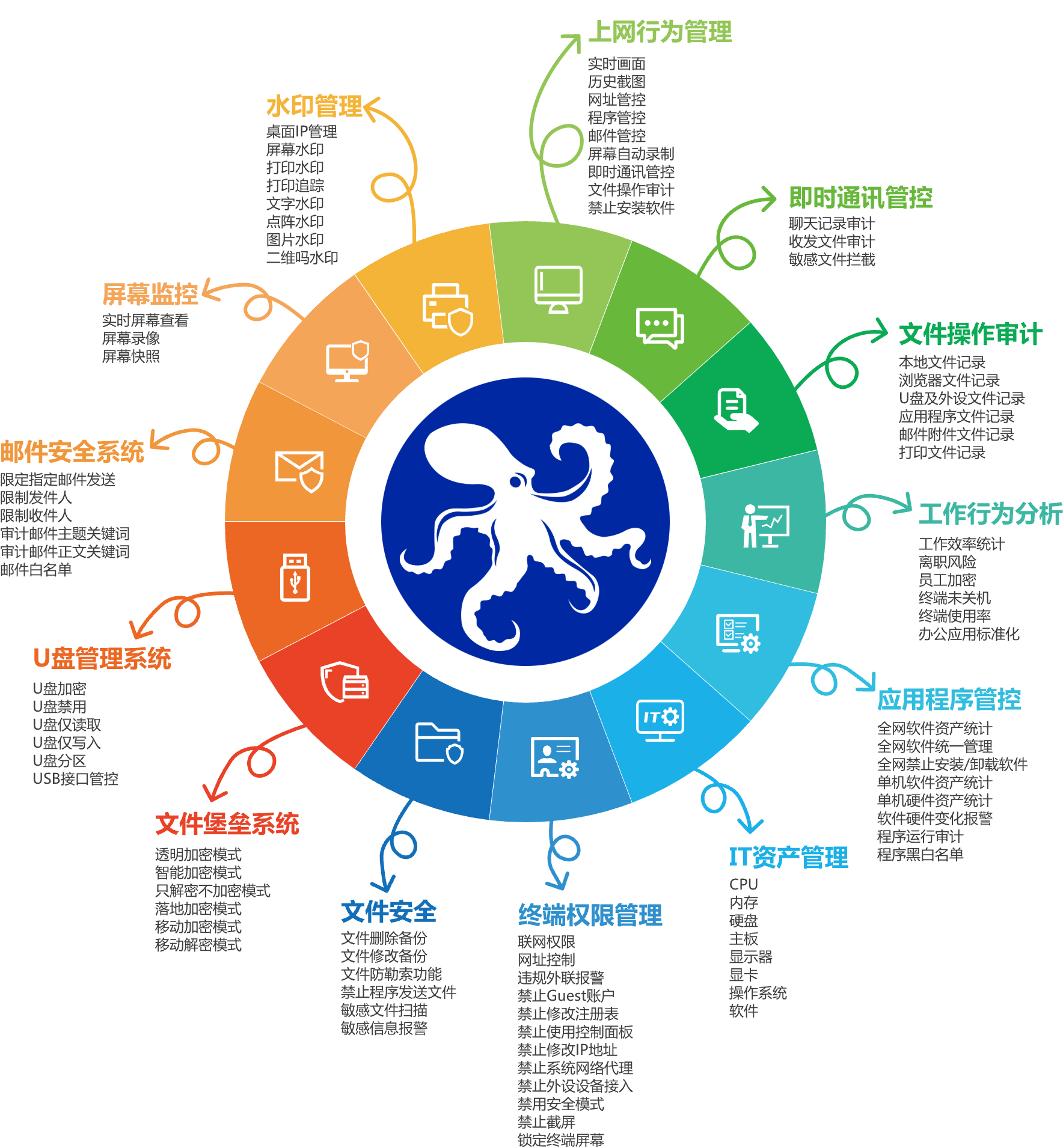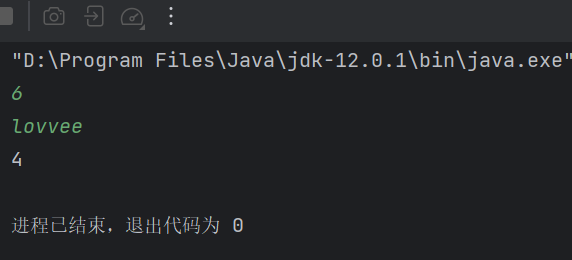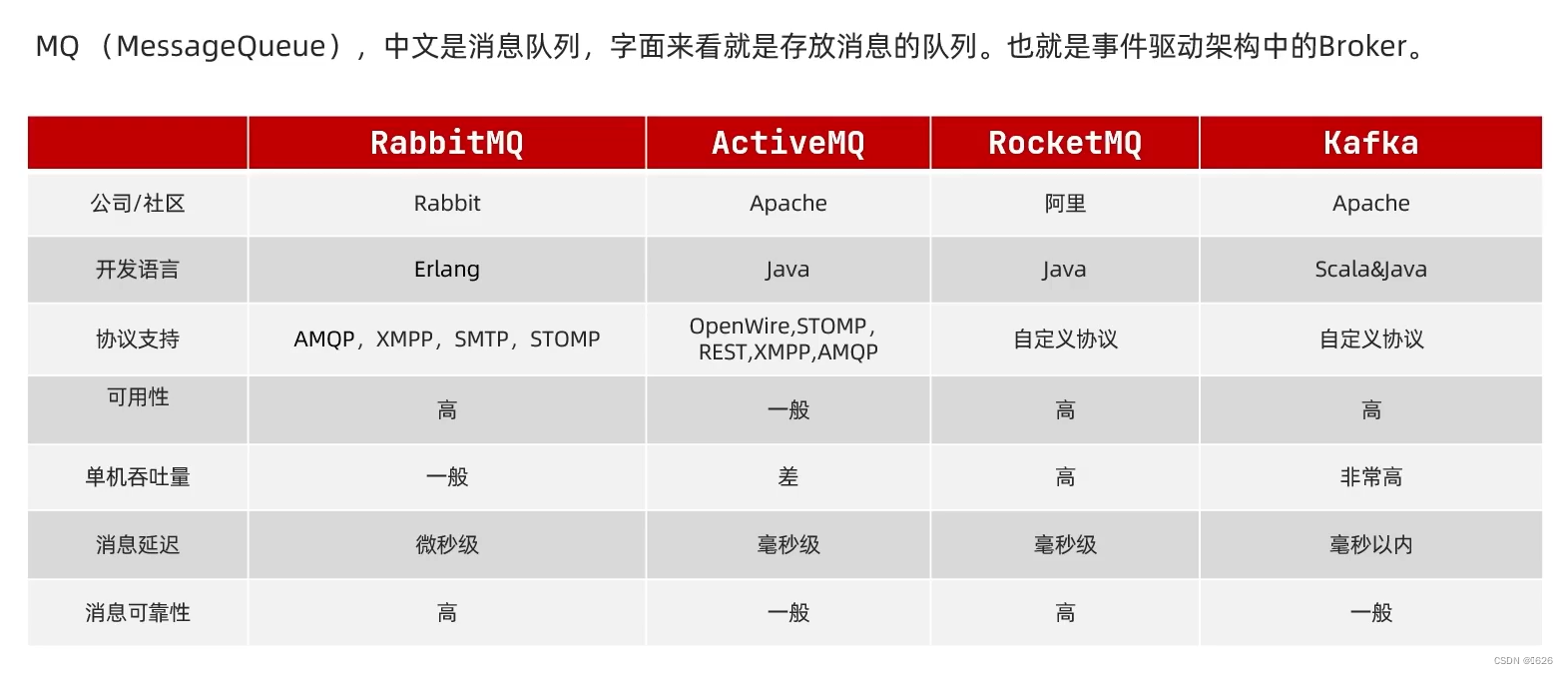在平时的业务中,避免不了使用递归,比如菜单列表,区域列表等,数据库一般就使用父id来表示,为了降低数据库的查询压力,我们可以使用Java8中的Stream流一次性把数据查出来,然后通过流式处理。
下来用代码做个测试
1.先定义一个实体类:
@Data
public class Area {/*** id*/public Integer id;/*** 名称*/public String areaName;/*** 父id,根节点为0*/public Integer parentId;/*** 子节点信息*/public List<Area> childList;public Area(Integer id, String areaName, Integer parentId) {this.id = id;this.areaName = areaName;this.parentId = parentId;}public Area(Integer id, String areaName, Integer parentId, List<Area> childList) {this.id = id;this.areaName = areaName;this.parentId = parentId;this.childList = childList;}
}2.递归组装树形结构:
public class TestTree {//模拟从数据库查询出来List<Area> areas = Arrays.asList(new Area(1,"根节点",0),new Area(2,"陕西省",1),new Area(3,"西安市",2),new Area(4,"延安市",2),new Area(5,"雁塔区",3),new Area(6,"四川省",1),new Area(7,"成都市",6),new Area(8,"青牛区",7),new Area(9,"绵阳市",6));//获取父节点List<Area> collect = areas.stream().filter(m -> m.getParentId() == 0).map((m) -> {m.setChildList(getChildrens(m, areas));return m;}).collect(Collectors.toList());/*** 递归查询子节点* @param root 根节点* @param areaList 所有节点* @return 根节点信息*/private List<Area> getChildrens(Area root, List<Area> areaList) {return areaList.stream().filter(m -> {return Objects.equals(m.getParentId(), root.getId());}).map((m) -> {m.setChildList(getChildrens(m, areaList));return m;}).collect(Collectors.toList());}@org.junit.Testpublic void test(){System.out.println("-------转json输出结果-------");System.out.println(JSON.toJSON(collect));}}3.展示不全,打印部分结果

大家可以进来一起探讨问题。
